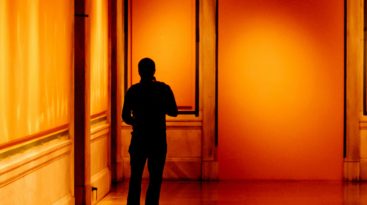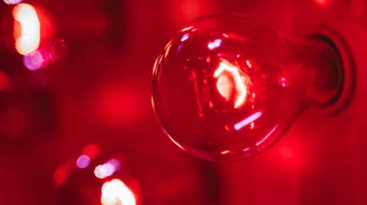News + Events
Filters
-
Firm News
-
IP Alerts
-
Professional and Community Activities
-
Webinars
- Advertising, Marketing + Promotions
- Copyrights
- Entertainment + Media
- International IP Protection
- Internet + Domain Names
- IP Litigation
- Appellate Practice
- Brand Enforcement
- Commercial + Technology Disputes
- Copyright Disputes
- IP Professional Responsibility + Malpractice
- ITC Section 337 Disputes
- Northern District of Illinois Local Counsel Services
- Patent Litigation
- Standard Essential Patents
- Trade Secret Litigation
- IP Portfolio Management
- IP Strategy Development
- IP Transactions
- Patent Preparation + Prosecution
- Product Clearance + Legal Opinions
- PTAB Trial Practice
- Reissue + Reexamination Proceedings
- Trade Secrets
- Trademark + Brand Protection
-
Caroline S. Albright
-
Jennifer R. Andrew
-
Timothy R. Baumann
-
Jon A. Birmingham
-
Sherri N. Blount
-
Mark A. Borsos
-
Joshua Devorkin
-
Stephen S. Favakeh
-
Mary F. Fetsco
-
Steven M. Freeland
-
Paul B. Henkelmann
-
Joseph H. Herron
-
Mark W. Hetzler
-
Allen E. Hoover
-
Rebecca A. Jansen
-
Allison Kalbhen
-
David M. Kogan
-
Rudy I. Kratz
-
Thomas F. Lebens
-
Scott J. Menghini
-
Calista J. Mitchell
-
Danielle K. Muñoz
-
Julie Muyco
-
John M. Naber
-
Joseph T. Nabor
-
Amanda L. O'Donnell
-
Steven G. Parmelee
-
Christopher W. Paulson
-
Nicholas T. Peters
-
Mark S. Raskin
-
Alan E. Schiavelli
-
Joseph E. Shipley
-
Viktor Simkovic
-
Alisa C. Simmons
-
Maureen R. Smith
-
Jennifer L. Soerensen
-
Donald E. Stout
-
Kerianne A. Strachan
-
Jennifer V. Suarez
-
Jacqueline L. Thompson
-
Jonathan H. Urbanek
-
Zachary Van Engen
-
Prestin Van Mieghem
-
Karen J. Wang
-
Richard E. Wawrzyniak
-
Robert A. Whitman










